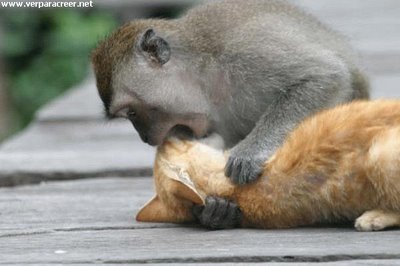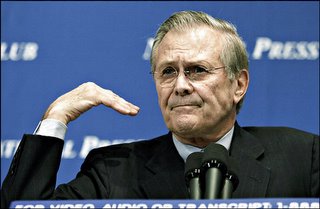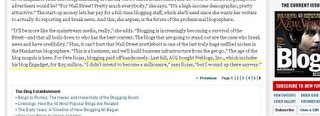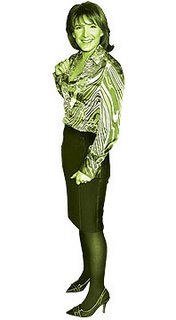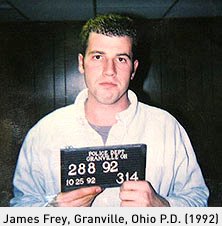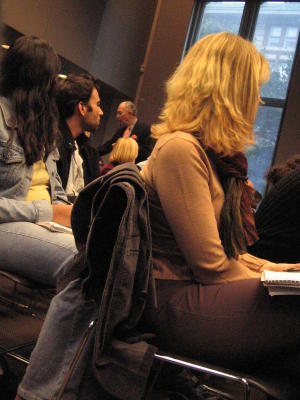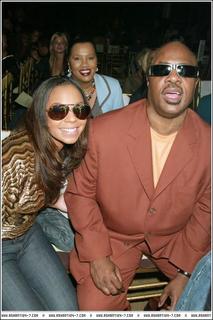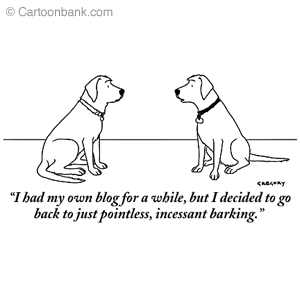Working for Free Cheapens the Profession
May 30, 2006
Op-Ed Contributor
Take This Internship and Shove It
By ANYA KAMENETZ
MY younger sister has just arrived in New Orleans for the summer after her freshman year at Yale. She will be consuming daily snowballs, the local icy treat, to ward off the heat, volunteering to help clean up neighborhoods damaged by Hurricane Katrina and working part time, for pay, at both a literary festival and a local restaurant. Meanwhile, most of her friends from college are headed for the new standard summer experience: the unpaid internship.
Instead of starting out in the mailroom for a pittance, this generation reports for business upstairs without pay. A national survey by Vault, a career information Web site, found that 84 percent of college students in April planned to complete at least one internship before graduating. Also according to Vault, about half of all internships are unpaid.
I was an unpaid intern at a newspaper from March 2002, my senior year, until a few months after graduation. I took it for granted, as most students do, that working without pay was the best possible preparation for success; parents usually agree to subsidize their offspring's internships on this basis. But what if we're wrong?
What if the growth of unpaid internships is bad for the labor market and for individual careers?
Let's look at the risks to the lowly intern. First there are opportunity costs. Lost wages and living expenses are significant considerations for the two-thirds of students who need loans to get through college. Since many internships are done for credit and some even cost money for the privilege of placement overseas or on Capitol Hill, those students who must borrow to pay tuition are going further into debt for internships.
Second, though their duties range from the menial to quasi-professional, unpaid internships are not jobs, only simulations. And fake jobs are not the best preparation for real jobs.
Long hours on your feet waiting tables may not be particularly edifying, but they teach you that work is a routine of obligation, relieved by external reward, where you contribute value to a larger enterprise. Newspapers and business magazines are full of articles expressing exasperation about how the Millennial-generation employee supposedly expects work to be exciting immediately, wears flip-flops to the office and has no taste for dues-paying. However true this stereotype may be, the spread of the artificially fun internship might very well be adding fuel to it.
By the same token, internships promote overidentification with employers: I make sacrifices to work free, therefore I must love my work. A sociologist at the University of Washington, Gina Neff, who has studied the coping strategies of interns in communications industries, calls the phenomenon "performative passion." Perhaps this emotion helps explain why educated workers in this country are less and less likely to organize, even as full-time jobs with benefits go the way of the Pinto.
Although it's not being offered this year, the A.F.L.-C.I.O.'s Union Summer internship program, which provides a small stipend, has shaped thousands of college-educated career organizers. And yet interestingly, the percentage of young workers who hold an actual union card is less than 5 percent, compared with an overall national private-sector union rate of 12.5 percent. How are twentysomethings ever going to win back health benefits and pension plans when they learn to be grateful to work for nothing?
So an internship doesn't teach you everything you need to know about coping in today's working world. What effect does it have on the economy as a whole?
The Bureau of Labor Statistics does not identify interns or track the economic impact of unpaid internships. But we can do a quick-and-dirty calculation: according to Princeton Review's "Internship Bible," there were 100,000 internship positions in 2005. Let's assume that out of those, 50,000 unpaid interns are employed full time for 12 weeks each summer at an average minimum wage of $5.15 an hour. That's a nearly $124 million yearly contribution to the welfare of corporate America.
In this way, unpaid interns are like illegal immigrants. They create an oversupply of people willing to work for low wages, or in the case of interns, literally nothing. Moreover, a recent survey by Britain's National Union of Journalists found that an influx of unpaid graduates kept wages down and patched up the gaps left by job cuts.
There may be more subtle effects as well. In an information economy, productivity is based on the best people finding the jobs best suited for their talents, and interns interfere with this cultural capitalism. They fly in the face of meritocracy — you must be rich enough to work without pay to get your foot in the door. And they enhance the power of social connections over ability to match people with desirable careers. A 2004 study of business graduates at a large mid-Atlantic university found that the completion of an internship helped people find jobs faster but didn't increase their confidence that those jobs were a good fit.
With all this said, the intern track is not coming to an end any time soon. More and more colleges are requiring some form of internship for graduation. Still, if you must do an internship, research shows you will get more out of it if you find a paid one.
A 1998 survey of nearly 700 employers by the Institute on Education and the Economy at Columbia University's Teachers College found: "Compared to unpaid internships, paid placements are strongest on all measures of internship quality. The quality measures are also higher for those firms who intend to hire their interns." This shouldn't be too surprising — getting hired and getting paid are what work, in the real world, is all about.
Anya Kamenetz, a columnist for The Village Voice, is the author of "Generation Debt."

